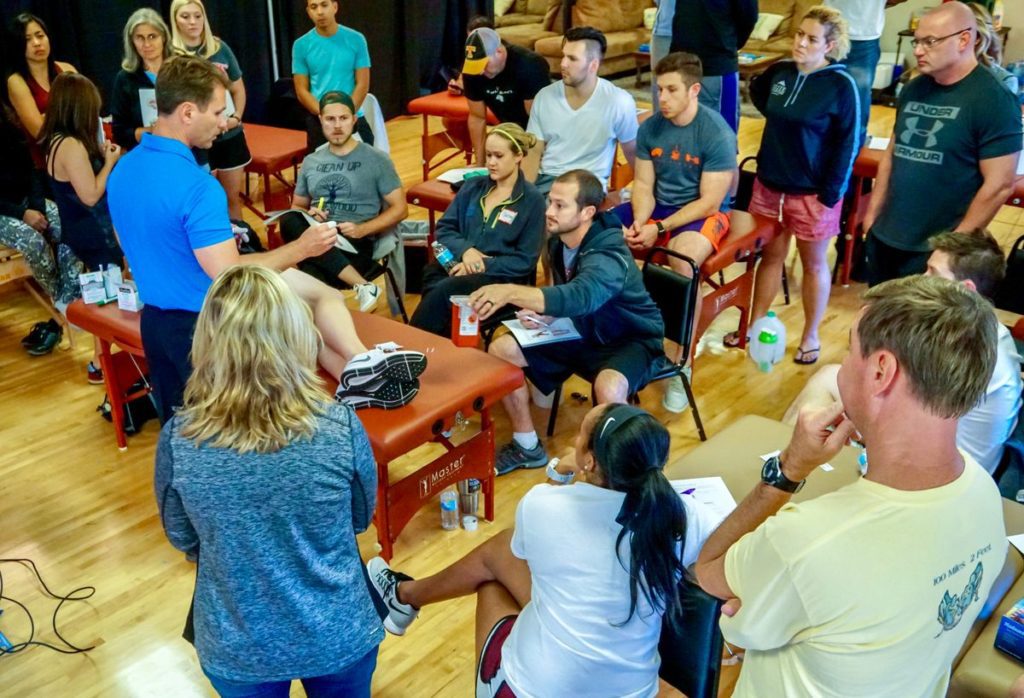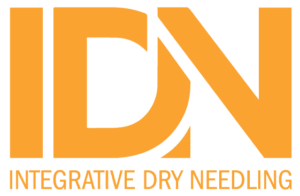Learn more by watching our informative series of introduction videos below!
Check out 10 of our most commonly identified benefits.
Have you completed a Dry Needling Course with another organization and considering an IDN course, consider the following:
We have trained thousands of clinicians across the country; here is what a few of them had to say about our courses.

© Integrative Dry Needling 2025 | All rights reserved | Designed by Weblink
any IDN Course!
*Valid for new registrations only and can not be combined with other discount codes. Offer Expires: 7/7/2024

Not sure which course is right for you? No problem – we created an intuitive process to help!